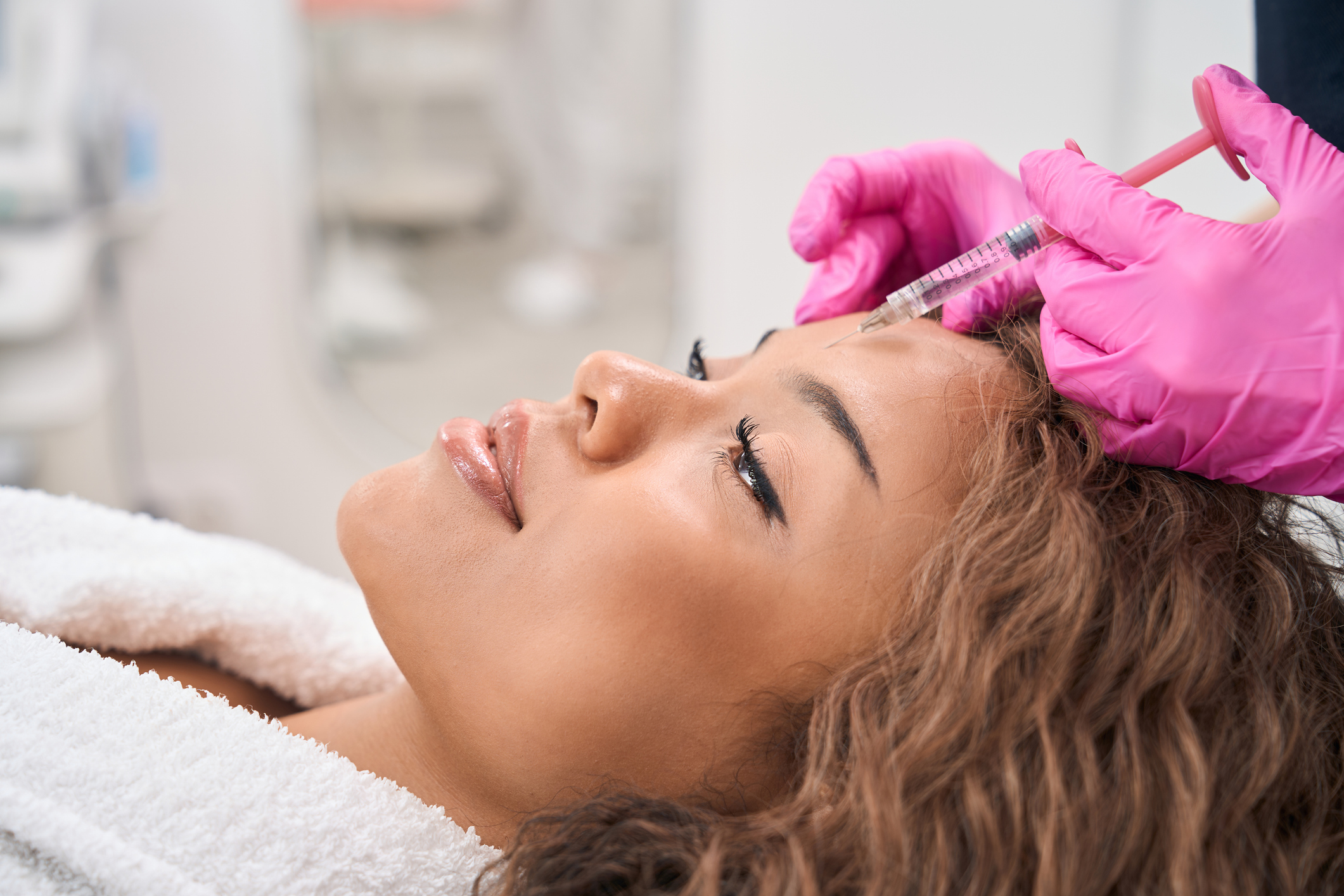Seasonal allergies can be a real nuisance, especially when they affect your eyes. The itching,…

Taking Care of Your Eyes: 10 Common Eye Problems and Prevention Tips
Our eyes are one of the most important organs in our body, so it is essential to take proper care of them. Unfortunately, many people suffer from common eye health problems such as glaucoma, cataracts, and macular degeneration. Luckily, there are steps you can take to reduce your risk of these conditions. Read on to learn more about 10 common eye health problems and how to prevent them.
Glaucoma
Glaucoma is a condition that causes increased pressure within the eye. This can lead to optic nerve damage and vision loss if left untreated. Fortunately, glaucoma can be prevented with regular eye exams and treatments such as eye drops or laser surgery.
Cataracts
Cataracts cause cloudy vision due to protein buildup on the lens of the eye. They usually occur naturally with age but can be prevented by wearing sunglasses when outdoors and eating a healthy diet rich in vitamins A, C, E, and other antioxidants.
Macular degeneration
Macular degeneration occurs when the macula—the part of the eye responsible for sharp central vision—deteriorates over time due to age or heredity. To prevent this condition, it is important to get regular checkups with an ophthalmologist and eat foods that are high in omega-3 fatty acids like salmon or flaxseed oil.
Diabetic retinopathy
Diabetic retinopathy occurs when blood vessels in the retina become damaged due to diabetes-related high blood sugar levels over time. In order to reduce your risk of this condition, it’s important to keep your blood sugar levels under control through diet, exercise, and medications if prescribed by your doctor or healthcare provider.

Dry eyes
Dry eyes occur when there is not enough moisture on the surface of the eye which can cause irritation and discomfort. To prevent dry eyes try using artificial tears or lubricating drops throughout the day as well as avoiding irritants like cigarette smoke or pollen-filled air outdoors during allergy season months.
Conjunctivitis
Conjunctivitis (or pink eye) is an infection caused by bacteria or viruses that can cause redness and itching around the eyes as well as discharge from them if left untreated; however, it can be prevented by washing hands frequently with soap and water after coming into contact with someone who has pink eye symptoms or any other type of infection near their face area (e..g Cold/Flu).
Uveitis
Uveitis occurs when inflammation affects part of the middle layer of tissue in your eye called “uvea” which may result in blurred vision; however uveitis can be managed through regular checkups at an ophthalmologist office along with prescribed medications such as steroids or immunosuppressants depending on severity level .
Retinal detachment
Retinal detachment occurs when fluid builds up within your eyeball causing it to pull away from its normal position which can lead to vision loss; however preventive measures include wearing protective eyewear during sports activities as well getting regular checkups at an optometrist office every few years for early detection purposes.
Age-related Macular Degeneration
Age-related macular degeneration (AMD) is a progressive deterioration of your retina’s cells that causes blurred vision; however AMD prevention includes eating dark leafy greens like spinach which contain lutein & zeaxanthin – two antioxidant pigments that help protect against AMD – plus exercising regularly & getting enough sleep every day too!
Floaters/Spots
Floaters/spots are small shadows that appear in front of our eyes while they move around; they’re mostly harmless but if they persist then visit an ophthalmologist right away just in case they could be something more serious! Prevention includes wearing sunglasses outdoors especially during bright sunny days & taking breaks from staring at screens for long periods at any given time too!
Taking care of our eyes should always be a priority because our vision plays an integral role in every day life tasks! By following these simple tips you’ll be able to reduce your risk for developing common eye health problems & ensure optimum visual performance throughout life.



